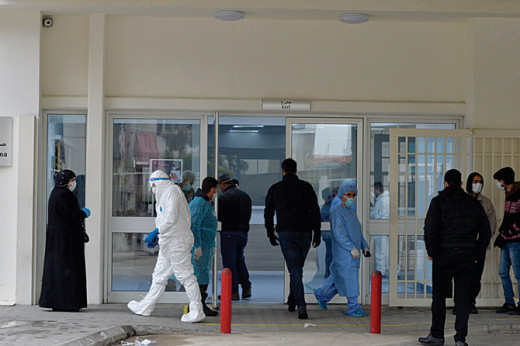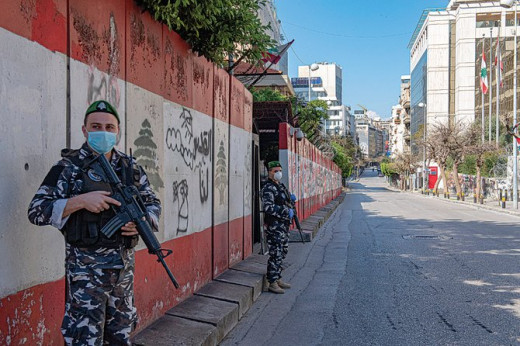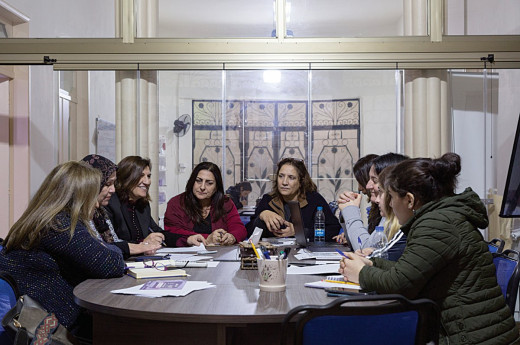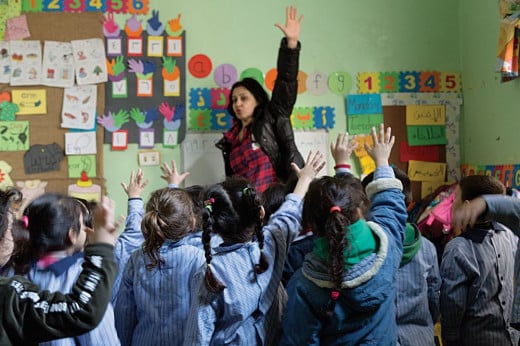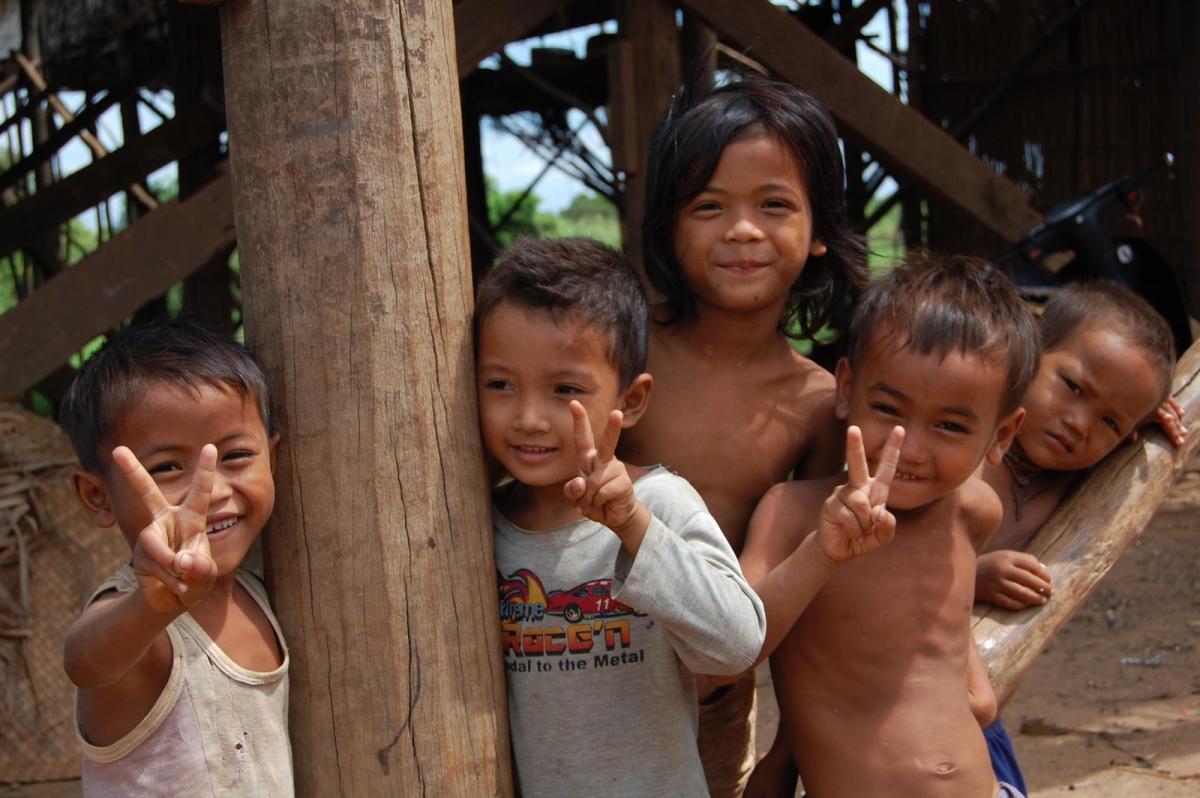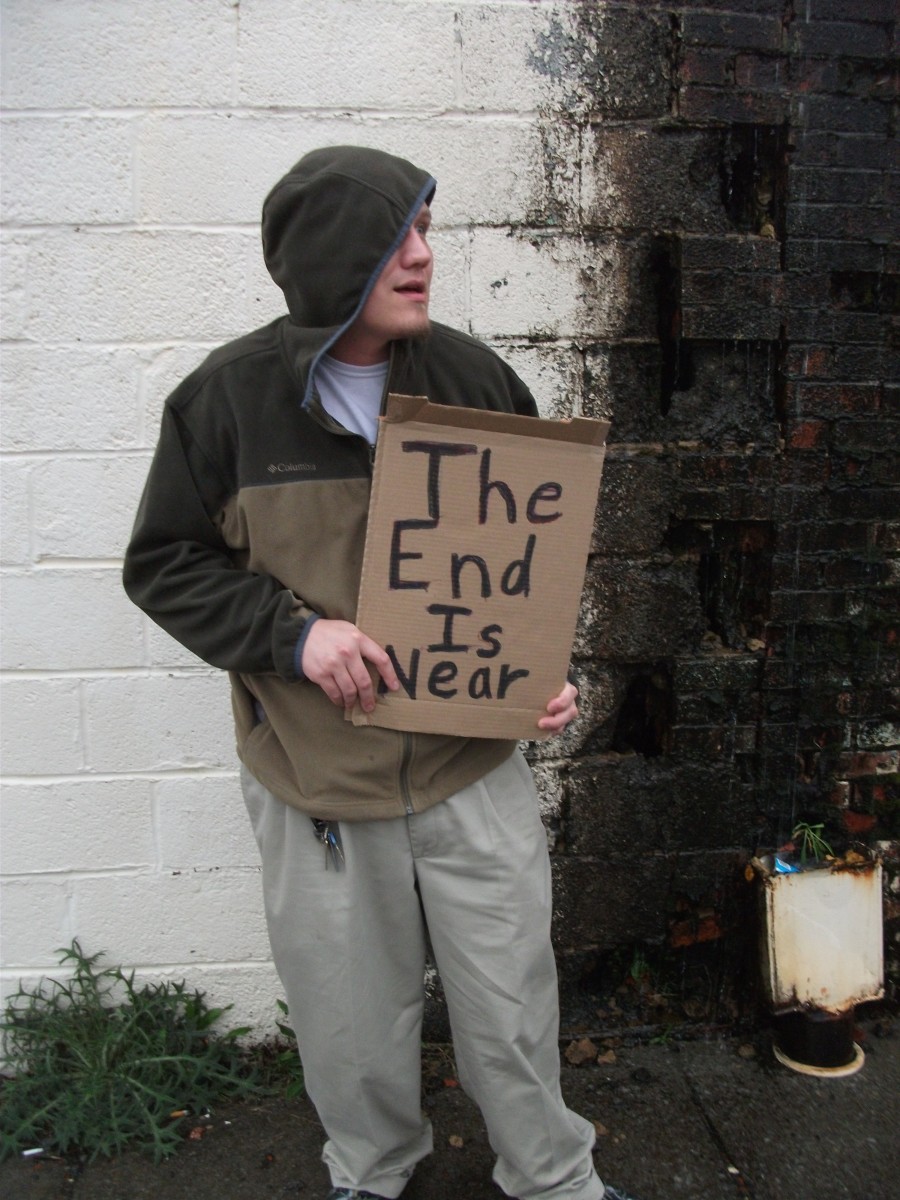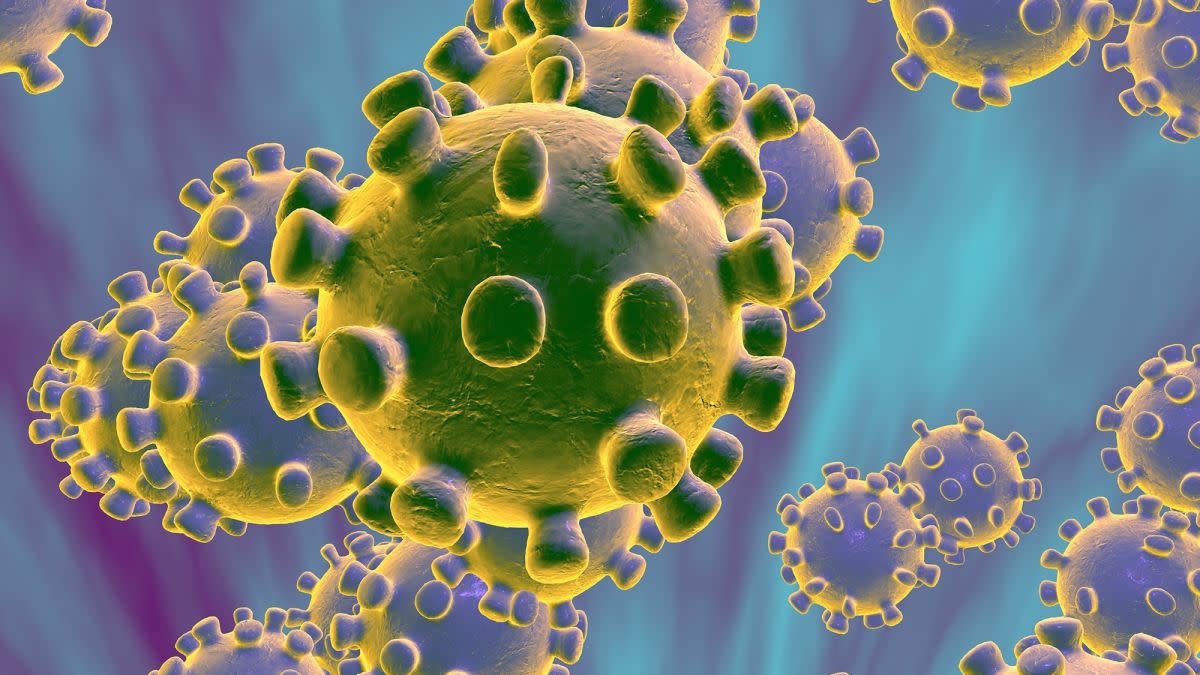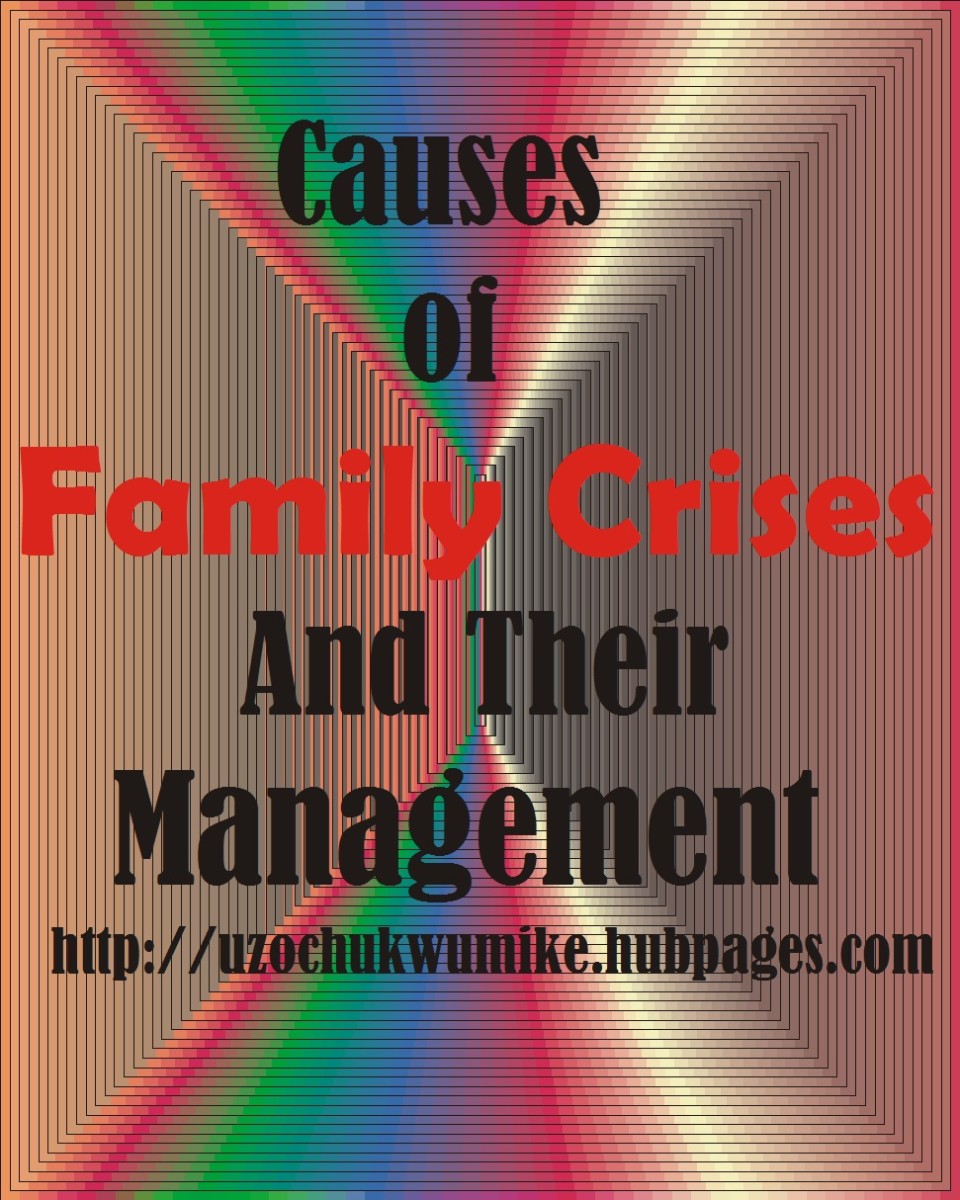What Happened in the Social Emergency Plan to Face the Consequences of "Corona" in Lebanon.


"The authority in Lebanon has one jurisdiction: transforming crises into a customer tool. This is what happened in the social emergency plan to face the consequences of "Corona". Instead of providing support to all Lebanese families that do not have a steady and continuous income in light of the crisis, and instead of setting clear and precise criteria for classifying poor and needy families like those mentioned in the paper of the Director General of Social Affairs Abdullah Ahmed, the matter was left in the hands of the municipalities and the mayors to determine who is poor And who is in need. Lebanon's support standards are still based on political, partisan and sectarian loyalty"
Two days ago, the "Technical Committee for the Social Emergency Plan to Respond to Corona", chaired by Minister of Social Affairs Ramzi Musharrafiya, met to study a plan drawn up by the ministers of industry, agriculture, defense, interior and municipalities, work, economy and trade, money and information. The juices of these ideas produced the following: "Providing a steadfast support basket for families that have become afflicted with implementation that takes place through municipalities and voluntary councils in villages under the supervision of development services centers, their branches and the Lebanese army". In practice, this basket has two baskets: “One food and the other contains cleaning and sterilization materials based on studies and scientific research… We will work to provide material facilities that extend the lives of citizens to help them overcome the critical stage”. The plan was approved by the cabinet the day before yesterday, and it was allocated 75 billion pounds.
Such a plan does not need an eight-ministerial meeting, as the meeting of these was supposed to focus on support mechanisms and identifying the target groups. What has been approved leaves the municipalities and mayors a wide margin in defining the criteria by which families in need will be classified. Mayors' standards may be mood, political, sectarian, or other patronage tools, and this is sufficient to suggest that the government refuses to adopt clear options. The identification of beneficiary families and support mechanisms is the central issue, after it has become recognized that support is a must in light of the financial and monetary crisis, on top of which was the crisis of disrupting economic activity due to combating the spread of the Corona virus. All support operations have previously proven to be a "gutter" for wasting public money on behalf of the Capital and Power Partnership. There are many examples of this, from supporting flour to electricity.
Perhaps this is the reason behind the paper of the Director General of the Ministry of Social Affairs, Abdullah Ahmed. The options for this paper need a lot of scrutiny, especially in terms of not being comprehensive, and do not take into account that the Corona crisis afflicts the entire working class, and that its economic impact included all families who have no fixed income in this crisis. This plan still views society with pre-Corona pandemic classifications. But, compared to what the Ministerial Committee decided, it is a better start. It is more clear than those statements contained in the minutes of the technical committee meeting. Foraqa Abdullah identifies the targeted groups and categorizes them into two categories: The first is fixed in the Ministry's records in the program targeting the poorest families. The second is the families that must be verified or those that have applied to be registered in the poverty targeting program, taxi drivers, families of fishermen, those who have been disbursed from their jobs and others. The difference between the committee’s plan and the general manager’s plan is that the former drew a loose line for a fully decentralized process, while the second defined the central policy of the government and separated it from the decentralized working mechanisms. The following is the plan of the Director General of the Ministry of Social Affairs:
Target Families
Aid and services will be distributed to poor families, those affected by the economic crisis that has worsened since the second half of 2019 and the repercussions of the Corona epidemic. They can be classified as follows:
- Families not required to verify their need for support in the first stage:
- Families classified through the project targeting the poorest families as being in extreme poverty and carrying a "life" card, with the exception of families that benefit from the food card (families from the "Hayat" card holders currently number 28,000 families to which 15,000 families are added to the "Hayat" card holder, The Food Card).
- Families of children, the elderly, people with special needs, and others who sleep in social care institutions, especially those contracting with the Ministry of Social Affairs (the number exceeds 25,000 children, the elderly, and people with disabilities / special needs).
- Families of those applying isolation or quarantine procedures at the request of the Ministry of Public Health.
- Families of landmine injured (approximately 4,300 families).
- Families of drivers of cars and public buses.
Households that applied to the project targeting the poorest families to benefit from the project services, for which home visits were conducted and an evaluation form was filled in to measure their poverty level and it was found that they fall below the highest poverty line.
- Families who require verification of the need for assistance according to the following mechanism:
- Families of fishers registered with the Ministry of Agriculture.
- Families of female and male prisoners.
More than 200,000 families can be quickly classified according to Abdullah's plan
- The families of workers who have been laid off from their work (according to the data of the Ministry of Labor, the National Social Security Fund, the Ministry of Industry, and the Ministry of Tourism, etc.).
- The families that applied to the project targeting the poorest families to benefit from the project, and no home visits have been made to date (not exceeding 10,000 families).
- Every family requests help or service, provided that it is verified that it is one of the needy families.
- The number of families mentioned, with the exception of the families of workers and workers who have been dismissed from work, reaches 200 thousand, and it is preferable to give priority to those in which the number of children under eight (early childhood) is two or more, and families with more than five members and the elderly independent living with them .


Crisis Management
A crisis management committee shall be established in the Presidency of the Council of Ministers, whose mission will be to enumerate but not be limited to:
- Developing executive mechanisms for a crisis management plan.
- Adoption of criteria for selecting targeted / needy families.
- Approving the regulations of the targeted / needy families.
- Communicating and networking with all local and foreign agencies to coordinate efforts and provide assistance.
- To seek the assistance of any departments, public institutions, councils, bodies and societies to accomplish their tasks.
- All that the Cabinet assigns to it.
Local (Decentralized) Work Teams
Working groups shall be established by decision of the governor based on the proposal of the governors in the governorate. Working groups to determine the targeted / needy families at the judiciary level headed by the governor will be taken into consideration when the team proposes the ministries and the named bodies in the task force to identify the needy families at the central administration level, whose primary task is to monitor families The needy, according to the mechanism determined by the crisis management body, in addition to what the commission assigns to it. In Beirut, the task forces are determined on the basis of the division of electoral districts according to the last election law.
The local work teams can use the help of the employees of public administrations, public institutions, municipalities, NGOs, and international organizations at the district level to accomplish their tasks.
Implementation Mechanism
With regard to families that do not need to verify their need for support, their data can be obtained from the relevant ministries, provided that the authority is provided with all information related to it according to a model set for this purpose and the schedules of those families are distributed to the local work teams so that services and assistance can be provided to them immediately upon implementation. . In the event of a lack of information or errors in it, it will be completed in accordance with mechanisms and procedures determined by the said work team.
As for families that require verification that they need help, it can be attracted by specifying specific phone numbers for this purpose in order to prepare daily schedules by names by the work teams in the districts and sent to the heads of municipalities and mukhtars in villages where there are no municipalities to take a decision regarding the classification of these families and their conditions . It is also possible to assign development services centers affiliated with the Ministry of Social Affairs, NGOs, or social institutions with the task of expressing opinions on the regulations.
Aid Distribution And Services
With the preference of distribution for families with a number of children under the age of eight at least two, and for those with more than five members, and for those consisting of independent elderly people in residency, the security forces led by the Lebanese army are tasked with distributing aid to the places of residence (housing) of families with It shall be determined by the specialized teams, and he shall have the right to seek assistance from whom he deems appropriate from the sectors, while adhering to all safety and protection measures of Corona defined by the Ministry of Public Health.

